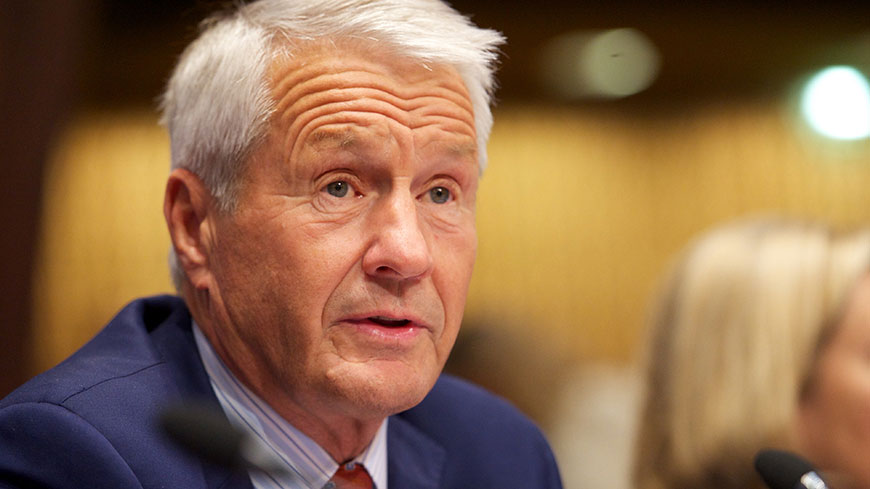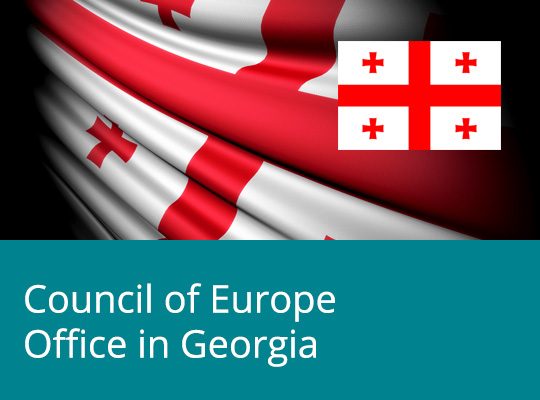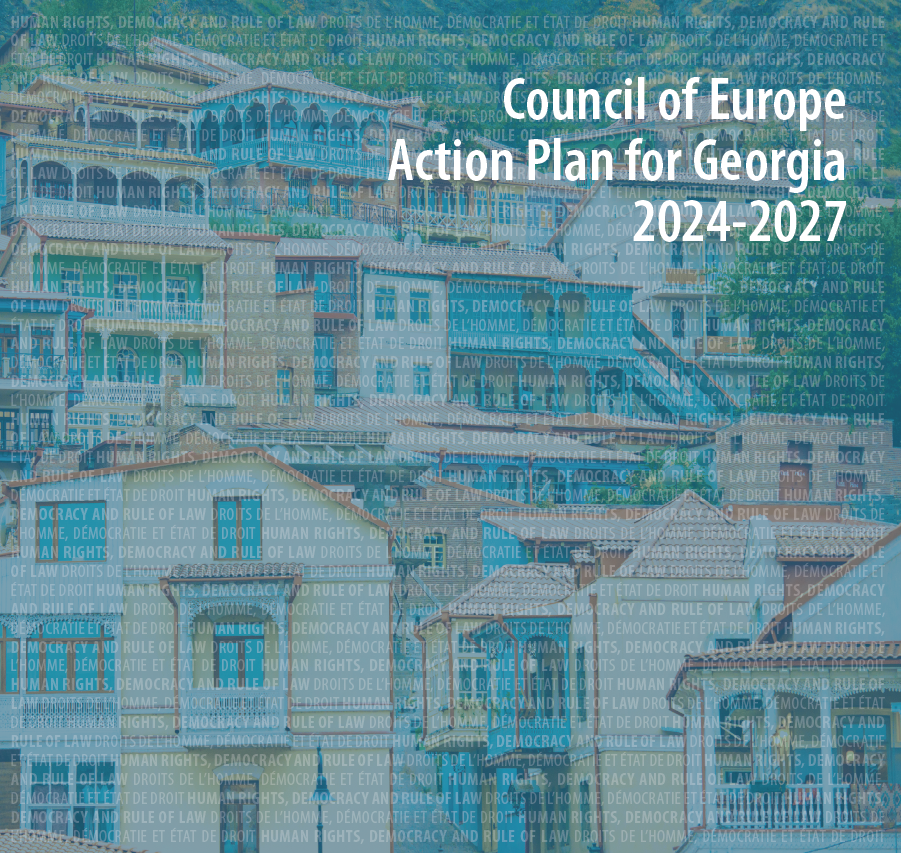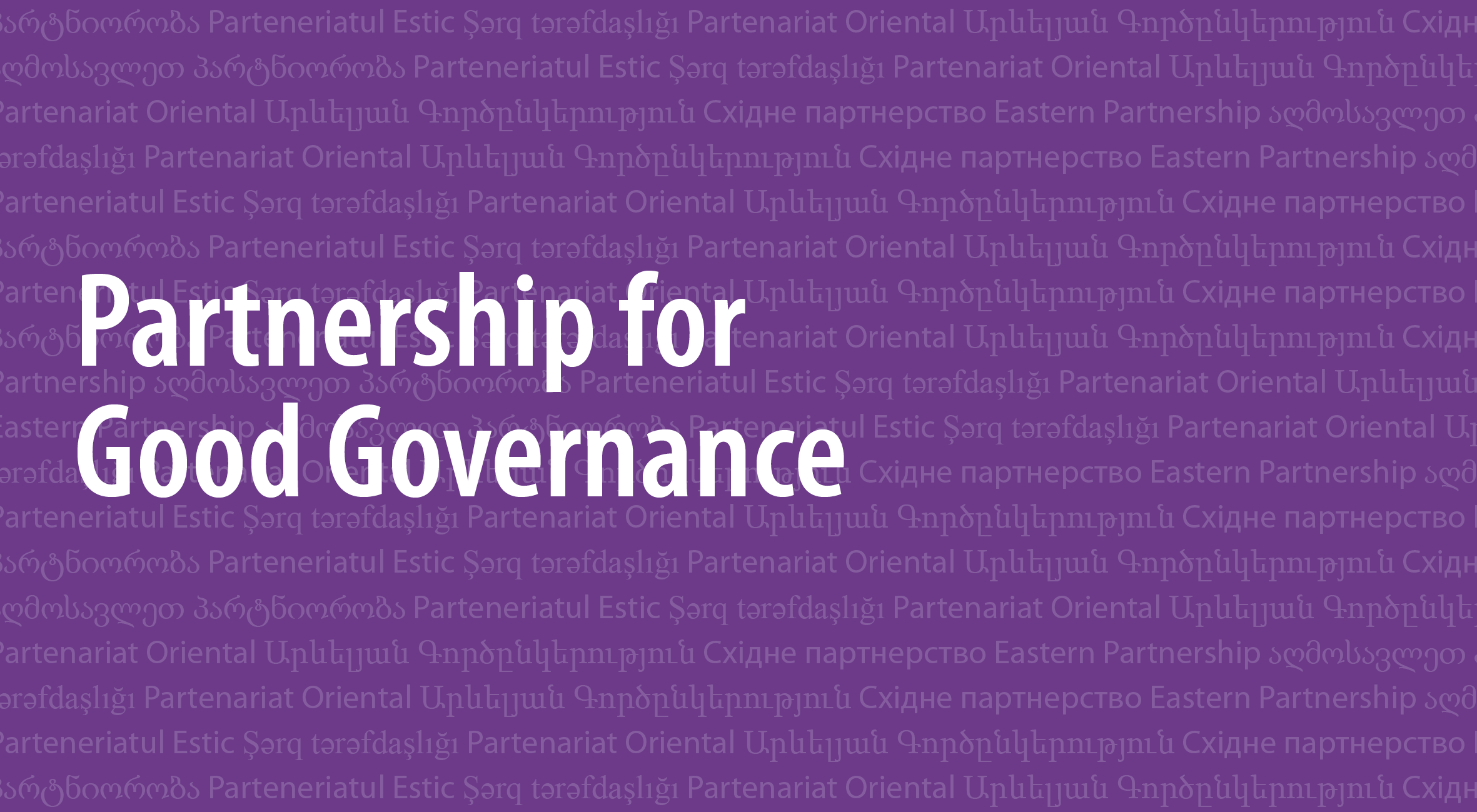Following the publication today of a study on laws and practices of 47 member states on blocking, filtering and removal of Internet content, the Council of Europe Secretary General Thorbjørn Jagland urged European governments to ensure that their legal frameworks and procedures in this area are clear, transparent and incorporate adequate safeguards for freedom of expression and access to information in compliance with Article 10 of the European Convention on Human Rights.
“Governments have an obligation to combat the promotion of terrorism, child abuse material, hate speech and other illegal content online. However, I am concerned that some states are not clearly defining what constitutes illegal content. Decisions are often delegated to authorities who are given a wide margin for interpreting content, potentially to the detriment of freedom of expression. On the basis of this study we will take a constructive approach and develop common European standards to better protect freedom of expression online”, said Secretary General Jagland.
The study, which was commissioned to the Swiss Institute of Comparative Law, contains 47 country reports and a comparative assessment. It analyses legal frameworks in a wide range of areas including on child abuse material, the protection of national security, the protection of intellectual property rights, defamation and unlawful processing of personal data across the Council of Europe member states.
Counter-terrorism laws, in particular, raise serious concerns for freedom of expression. In many cases these laws permit blocking, filtering or removal of content on grounds that are formulated in vague or imprecise terms such as “extremism” or “terrorist propaganda”. Administrative authorities which are not sufficiently independent from the executive are authorised to take website-blocking measures. This sometimes results in Internet content restrictions without due regard for proportionality.
The study shows that states have taken varied approaches to address illegal Internet content. Some apply existing criminal and civil legislation whilst others have enacted specific regulations with procedures for blocking and content-removal applicable to information society services. Some other states rely on self-regulation by the private sector. Generally speaking, Internet companies have introduced rules in their terms and conditions and have put in place self-regulatory mechanisms to block websites or remove content deemed unlawful.
In a number of cases content removal is done on the basis of co-operation arrangements between law enforcement and Internet companies. In practice, this means that the decision on what constitutes illegal content is often delegated to private entities, which in order to avoid being held liable for transmission of illegal content may exercise excessive control over information accessible on the Internet.
Links to the comparative study and the country reports.






